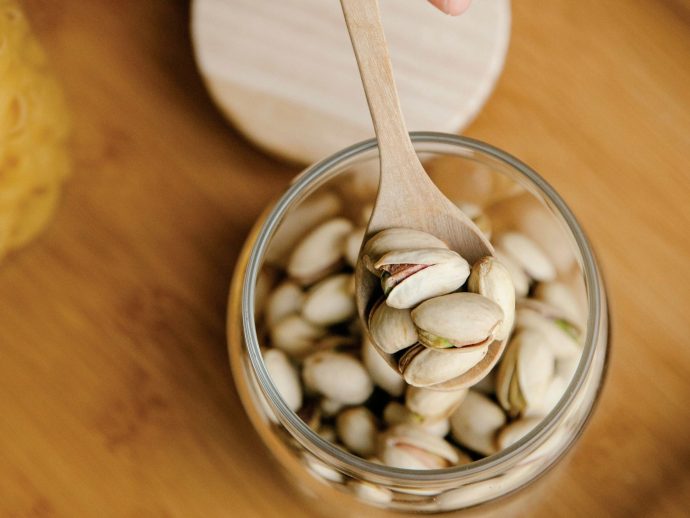
There are certain fundamental steps needed to reach any goals. Most of us know these things, but reminders are sometimes necessary to get back on track.
These essential strategies—eating a healthy diet rich in colorful produce; exercising; getting plenty of sleep; drinking pure water; reducing harmful foods like fast food, fried food, and processed food; and eliminating habits that sabotage efforts, such as smoking and excessive drinking or eating—form the foundation for other health goals.
Improve brain and mental health
Nutrition and lifestyle choices play a large role in brain and mental health:
- Following the Mediterranean diet—rich in fruits, vegetables, olive oil, and whole grains, plus fish, poultry, and eggs—can reduce the risk of cognitive decline and depression.
- Supplementing with saffron may help protect against memory loss.
- Drinking green tea may help reduce harmful amyloid-B plaques in the brain, linked to Alzheimer’s disease.
- Exercising improves memory, so head out for a brisk walk on your lunch break or hit the gym after work.
- Adding mushrooms to your diet at least twice a week may help reduce cognitive decline.
- Supplementing with vitamin D3, if deficient, may significantly improve cognitive performance.
Boost cardiovascular health
The journey to cardiovascular health also involves healthy diet and lifestyle habits:
- Engaging in regular activity—moderate to vigorous aerobic activities, with at least 150 minutes per week and muscle-strengthening activities twice a week.
- Following a Mediterranean diet is linked to a reduction in stroke risk.
- Drinking two to three cups of green tea may prevent fat buildup in arteries.
- Sleeping seven to nine hours nightly; insufficient sleep may increase heart disease
- Managing stress through self-care, connecting with loved ones, practicing yoga or meditation, journaling, or engaging in
- Eating a diet high in anthocyanins (berries, cherries, and purple cabbage) has been linked to a significant reduction in heart disease risk.
- Supplementing with omega-3 fatty acids—including wild salmon, mackerel, flaxseeds, and walnuts—may help reduce heart disease risk.
Live a longer, healthier life
To extend your life, what you don’t eat is as important as what you do:
- Engaging in caloric restriction or fasting while maintaining optimal nutrition can effectively extend your life and ward off illness.
- Maintaining a healthy body weight and reducing excessive abdominal fat through an active lifestyle improves
- Eating at least three servings of nuts per week has been linked to a significant reduction in mortality risk.
- Supplementing with curcumin has been linked to improved brain, heart, and lung health, and protection against age-related diseases.
- Drinking green tea regularly has significant links to reduced risk of cognitive decline.
- Finding purpose in life has been shown to lower inflammation, which can affect lifespan.
By Michelle Schoffro Cook, PhD, DNM










